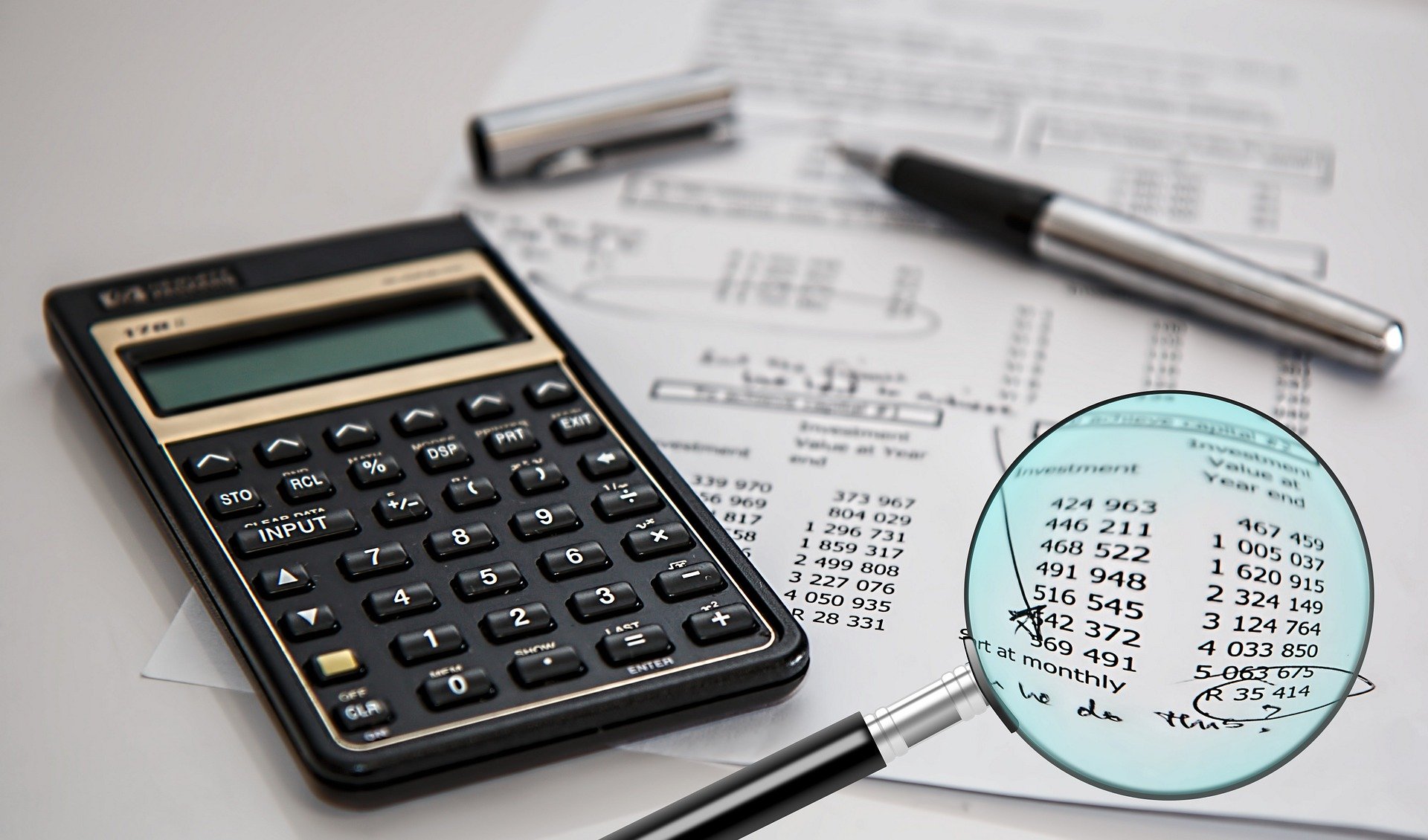CRA Tax Audit Help

Why should I have audit help from professionals?
You may choose to handle the audit yourself. By doing so, however, you will soon discover that what you gained by not paying the representative fees were only pennies compared to thousands of dollars of tax bills resulting from ineffective handling of the audit.
The CRA auditors may make mistakes. Tackling with the potential auditor mistakes can best be handled by a highly trained and experienced tax accountant. Only a seasoned tax accountant can challenge the unfair decision of an auditor. Using professional help would save you thousands of dollars from potential CRA errors.
As a taxpayer, you have a legal bill of rights. Many times, the taxpayers are fearful of the CRA auditors. When you are under constant fear of the auditors, you will ignore your rights and will submit to the auditors' wishes and decisions. A seasoned tax expert is well aware of your rights and can confidently fight for your rights.
The CRA auditors are well trained to dig out any information. There is always a risk that you may submit more information than what you are legally obligated to. Any information you submitted inadvertently could have adverse impacts such as it can trigger the audit of other years resulting in higher tax bills.
Having professional audit help will ease your stress in dealing with CRA, and thus you would be able to better focus your mind and efforts on your work and family.
How do we manage the audit process?
- You will not have to deal with the CRA auditors. We will act on your behalf as your representative and handle all the communication and paperwork with the CRA auditors.
- We will ensure that CRA receives only the information required.
- We will provide you with prompt updates on the progress of the audit.
- We will review and analyze the Auditor's decision and help you to take an immediate action for any unfair assessment
- We will help you to appeal any unfair assessment of CRA
By being your audit representative, you will be able to continue to put 100% of your time and energy on your main tasks, that is, no lost business or no lost wages for you!
What is the goal of an audit?
The goal of an audit is to ensure that the taxpayer is in compliance with the tax laws and regulations, and paying the appropriate amount of taxes supported by the documentation. CRA is authorized by law to conduct the tax audits.
The implication of receiving an audit demand letter
The implication of receiving an audit is you probably owe more taxes than actually what you reported on your tax returns. Therefore, a CRA auditor will leave no stone unturned and meticulously examine your books and records in detail to detect any area that would increase your tax bill.

How does the CRA choose a return for an audit?
CRA usually selects the audit files on a risk-based approach. The indicators of high-risk returns are:
- Unusually large business expenses compared to the volume of income
- Unusually large rental expenses
- Discrepancies between the industry standards indicators and the tax deductions claimed or revenues reported on a return
- Frequency of errors in tax files
- High possibility of making errors
- Large discrepancies in year-to-year filings
- Consistent year-over-year losses in business or rental income
- Large volume of charitable donations
- Large volume of medical expenses.
An ongoing audit of a person or business may prompt the selection of the related persons or businesses to be audited.
CRA may also use the random selection method to test the honesty of the taxpayers.
How does the CRA conduct the audits?
The auditor usually will send you a letter with the information furnished about the subject of the audit, the tax years involved, required documentation, and a scheduling of the audit time and location. The auditor may hold the audit in his or her office by asking you to submit the required information via online or mail. Or, he/she may come to your business location to conduct the audit that is known as a field audit. The office of your accountant is also an option, as is the combination of all.
The auditor will ask various accounting records such as invoices, journals, ledgers, receipts, and bank statements to substantiate the amounts claimed on your returns. The auditor may also ask for other information; for example financial information about your family members, and the businesses you had dealings with. You are required by law to cooperate with the auditor and make available the requested information.
How long an audit would last?
The time required to do an audit varies depending on the circumstances, scope and complexity of an audit. It may last from several days to several weeks to months.
How far can CRA go back for an audit?
Under normal circumstances, CRA can audit your return within three years from the date of notice of assessment or reassessment. However, if CRA suspects gross negligence or tax evasion attempts, the audit period can cover as many back years as CRA sees the necessity.
What happens after the audit?
If a reassessment is required, the auditor will initially send you a proposal letter outlining the required changes and adjustments. You have a 30-day window to agree or disagree with the auditor’s proposal. The 30-day window is especially important to resolve the disagreements in a faster and simpler way without a need to file a formal objection. The auditor will review it and make the required changes. CRA will issue a Notice of Reassessment containing the changes to your taxable income or taxes payable amounts.
If the auditor finds no need for a change to your assessment, the audit file will be closed and you will receive a final letter from the auditor about the conclusion. You do not need to do anything further.
What if I disagree with a CRA reassessment?
You have a right to appeal if you do not agree with a CRA reassessment.
In order to object to a reassessment, you must file a formal Notice of Objection. The deadline to file an objection is 90 days from the date of your notice of reassessment. If you missed the deadline to file a Notice of Objection, you can request an extension. Extension requests must be done within one year from the deadline to file a Notice of Objection. Once the objection is filed, CRA will pause the requirement to pay the taxes owed related to the objection. See Notice of Objection
What should I do to fix my tax audit problems?
If you have received a letter or call from a CRA auditor, do not wait for another minute. Stop procrastination and take immediate action. The sooner you act, the better. The delays will almost always turn into large reassessment taxes, interest, and penalties. By acting fast, you may save thousands of dollars.
Our highly qualified and experienced staff can help you to complete the audit process successfully by protecting and defending your rights assertively against the CRA auditors.
Contact us today for scheduling a free, no-obligation, and confidential consultation to get the help you most need!
Take advantage of our free, no-obligation consultancy session and improve your financial life by learning the complexities of your tax matters and the solutions from a professional!


